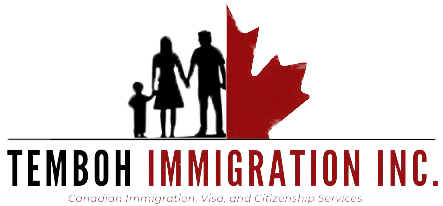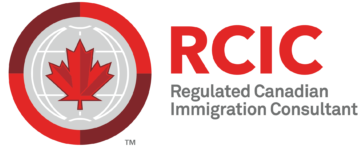FRANCOPHONE MOBILITY PROGRAM

Francophone Mobility Program (Work Permit for Francophone)
Francophone Mobility is an initiative of the Government of Canada which facilitates work permits for skilled Francophone foreign nationals. Its aim is to encourage the growth of vibrant, French-speaking communities across Canada. Francophone Mobility is a Labour Market Impact Assessment (LMIA) exemption which removes the obligation for employers to obtain the positive LMIA usually required to hire temporary foreign workers. Employers are not expected to offer a French-speaking working environment to Francophone Mobility candidates.

Francophone Mobility Program (Work Permit for Francophone)
Francophone Mobility is an initiative of the Government of Canada which facilitates work permits for skilled Francophone foreign nationals. Its aim is to encourage the growth of vibrant, French-speaking communities across Canada. Francophone Mobility is a Labour Market Impact Assessment (LMIA) exemption which removes the obligation for employers to obtain the positive LMIA usually required to hire temporary foreign workers. Employers are not expected to offer a French-speaking working environment to Francophone Mobility candidates.
To qualify for this program, you need to…
-
The candidate’s habitual language of daily use is French
-
The candidate is destined to work in a province or territory outside of Quebec
-
The have a job offer from a Canadian employer under NOC 0, A or B
The officer may or may not ask you for proof of French knowledge, but if they do, they will most likely ask for the TEF exam score. Your TEF Canada score needs to be equivalent to or higher than 207 in Reading, 310 in Writing, 249 in Listening, and 310 in Speaking
The advantages for Candidates:
-
Common-law & spouse open work permit (for employment over 6 months)
-
Authorization to study for accompanying dependent children (Primary and Secondary)
-
Government-funded French-language Settlement Services
-
A stepping stone for Permanent Residency


